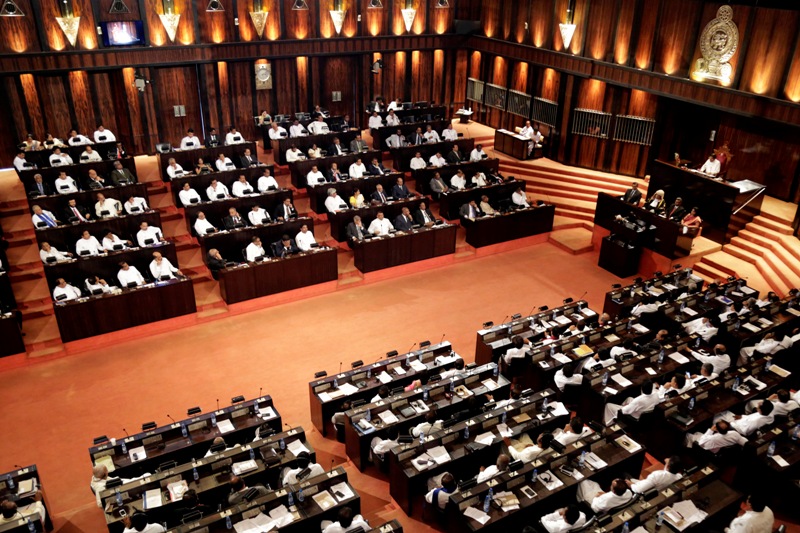The International Press Institute (IPI) today applauded the approval by Sri Lanka’s Parliament of a Right to Information Bill last Friday.
The bill keeps a campaign promise by President Maithripala Sirisena, who said he would take vigorous action against the dismal state of freedom of information and press freedom under previous leader Mahinda Rajapaksa.
“Enactment of this legislation is a big step for Sri Lanka, which has long been dogged by a reputation for corruption and limited freedom of expression,” IPI Director of Advocacy and Communications Steven M. Ellis said. “We congratulate lawmakers on this important progress toward more open government and urge them to take this momentum forward by working to implement recommendations that an international press freedom mission to the country made last year.”
In addition to calling for freedom of information legislation, delegates with the March 2015 mission urged Sri Lanka to provide for structural independence of state owned media, end a culture of impunity and prosecute those responsible for past killings and abductions of journalists, and reinforce journalists’ organisations and strengthen the professional capacities of journalists.
Journalists in the country previously dealt with heightened levels of violence and possible exile, as well as widespread impunity for crimes against them. Observers hope that the bill will help foster a more transparent government in which citizens and journalists can play a more active role by accessing information to prevent corruption.
The bill outlines provisions on the public’s right to information as well as the terms on which it can be denied. It assures access to information from government, public, and local entities in addition to information held by organizations who receive significant funding from the government. All of these bodies must provide access to the records and preferably maintain them in an electronic format.
The Ministry of Mass Media is entrusted with effectively implementing the bill and its provisions, which establish a Right to Information Commission to directly oversee the functions of the bill. The president will appoint the Commission’s five officers from recommendations by the Constitutional Council, with several seats designated as being reserved for members of civil society and media representatives.
The independent Commission will be in charge of handling the release of information, including confirming that government bodies are following guidelines and releasing information, dealing with complaints and holding hearings when necessary.
The bill urges each public authority and body to appoint an information officer to meet possible and future requests for information. That should make it easier for citizens to request information. Under the new standards, each entity would be required to quickly address requests. Should entities choose to deny a request, they would also be required to return a reasoned response.
Further, the bill includes a strong public interest test for situations in which the release of specific information is challenged. The test is expected to greatly limit the applicability of specific exemptions in the bill, further improving access. The bill also removes restrictions from the release of information that is at least 10 years old.
